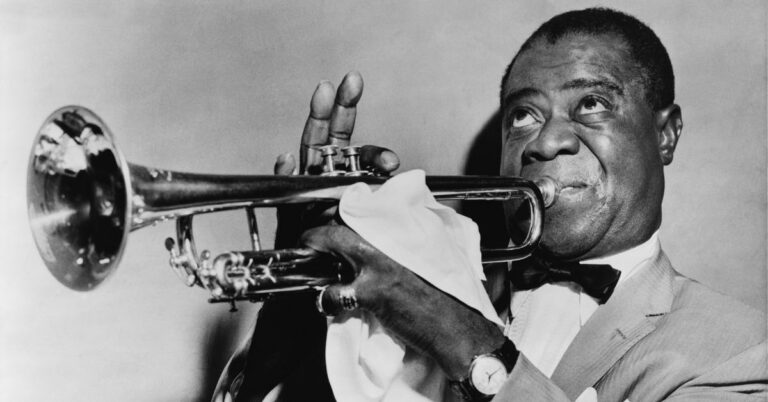The word “Chief” has been around for centuries and has evolved to take on various meanings in different contexts. The origin of the word can be traced back to the Latin word “caput,” meaning “head,” which has given rise to various words in different languages.
Etymology of Chief
The English word “Chief” comes from the Old French word “chief,” which means “head” or “leader.” This word is derived from the Latin “caput,” which means “head.” The Latin word “caput” has given rise to several other words in different languages, such as the Spanish “cabeza” and the Italian “capo.”
Usage of Chief
The word “Chief” is typically used to denote a person who holds a high position of authority in an organization, such as the CEO or President. It is also used to refer to the leader of a tribe or clan in some cultures.
In military contexts, “Chief” is often used as a rank, such as “Chief of Staff” or “Commanding Chief.” It is also used in the context of police departments, where the “Chief of Police” is the highest-ranking officer.
Subtle nuances in the usage of Chief
There are subtle nuances in the usage of “Chief” that are worth noting. For example, in some contexts, “Chief” may be used to denote a person who is in charge of a particular department or division within an organization. In other contexts, it may be used to refer to a person who is the most skilled or experienced in a particular field.
In some cultures, the word “Chief” is used to refer to a person who is respected for their wisdom, knowledge, and experience. This usage of the word is often seen in indigenous cultures where the “Chief” is the spiritual leader of the community.
Conclusion
In conclusion, the word “Chief” has a rich and varied history, with its roots tracing back to the Latin word “caput.” Over time, the word has evolved to take on various meanings in different contexts. Whether used to denote a position of authority or a person respected for their knowledge and experience, the word “Chief” remains an important part of our language and culture.














